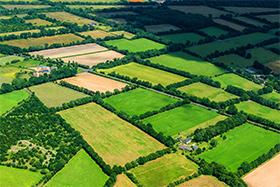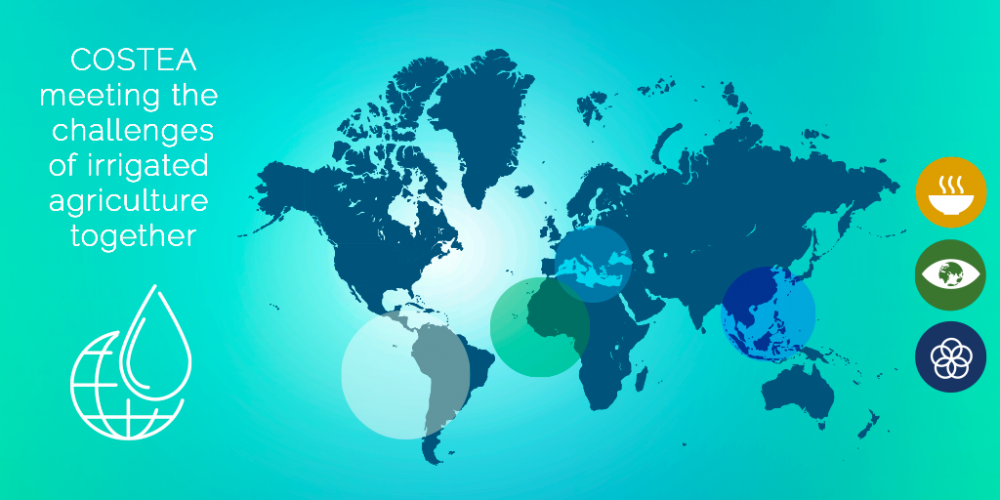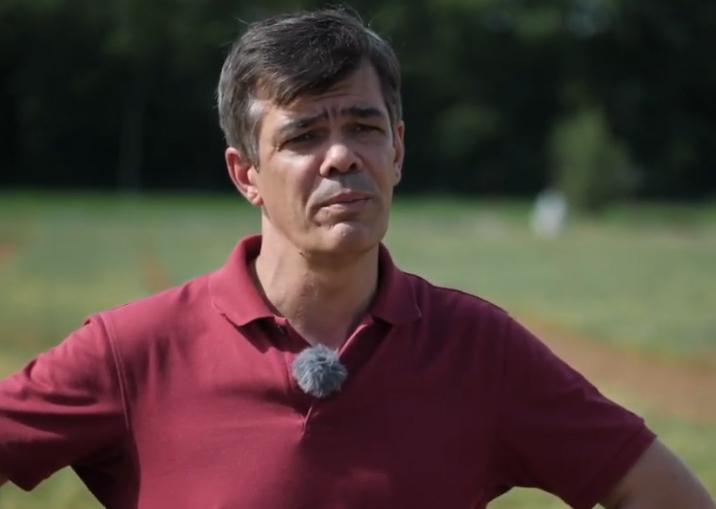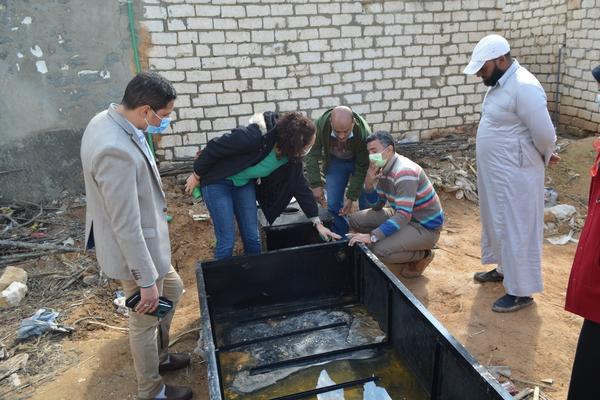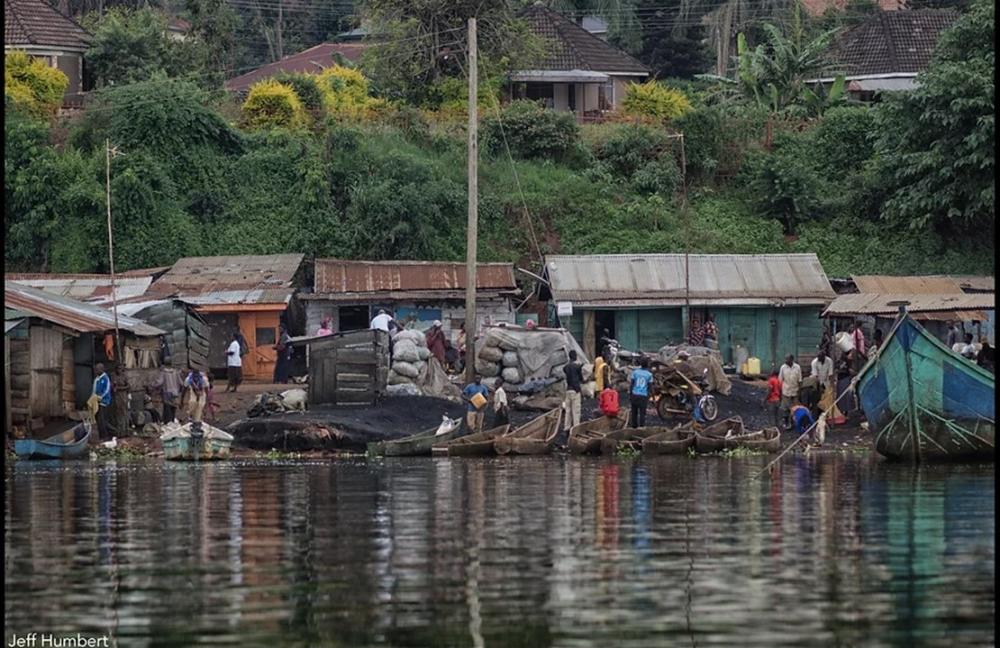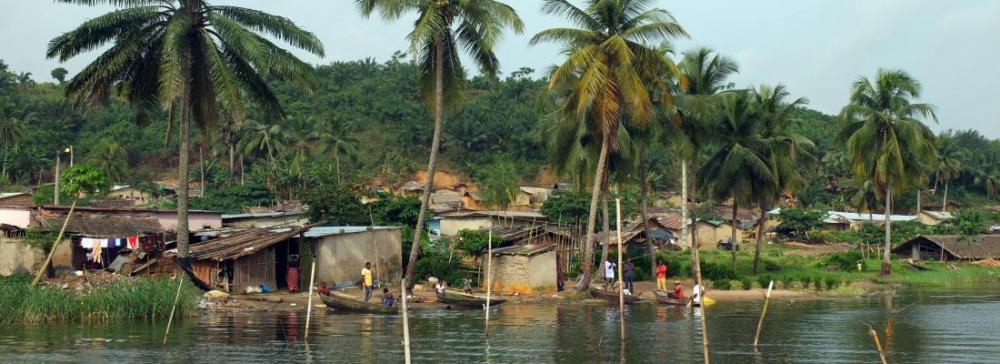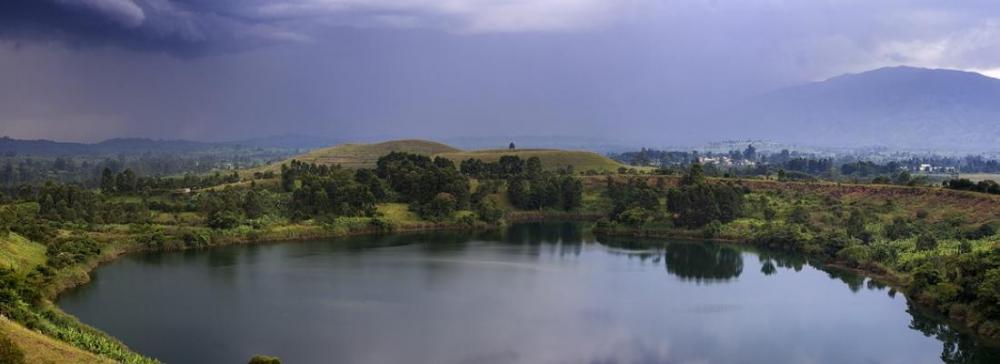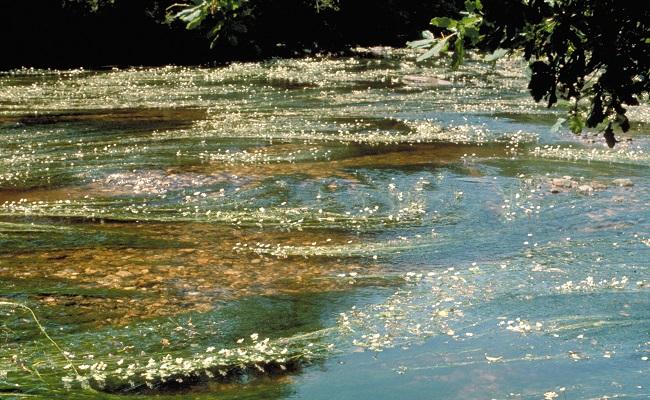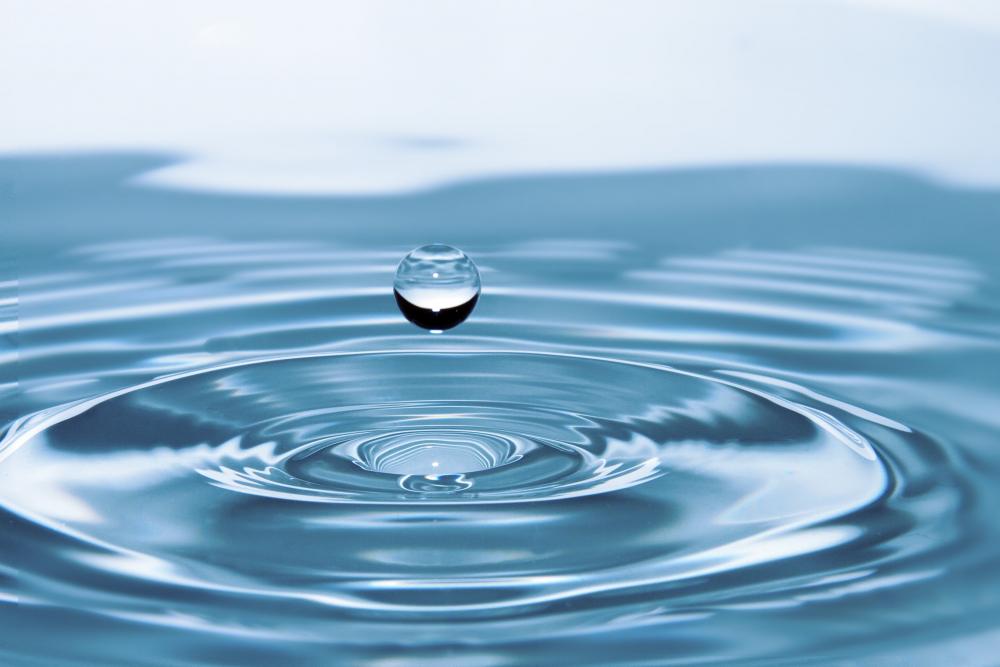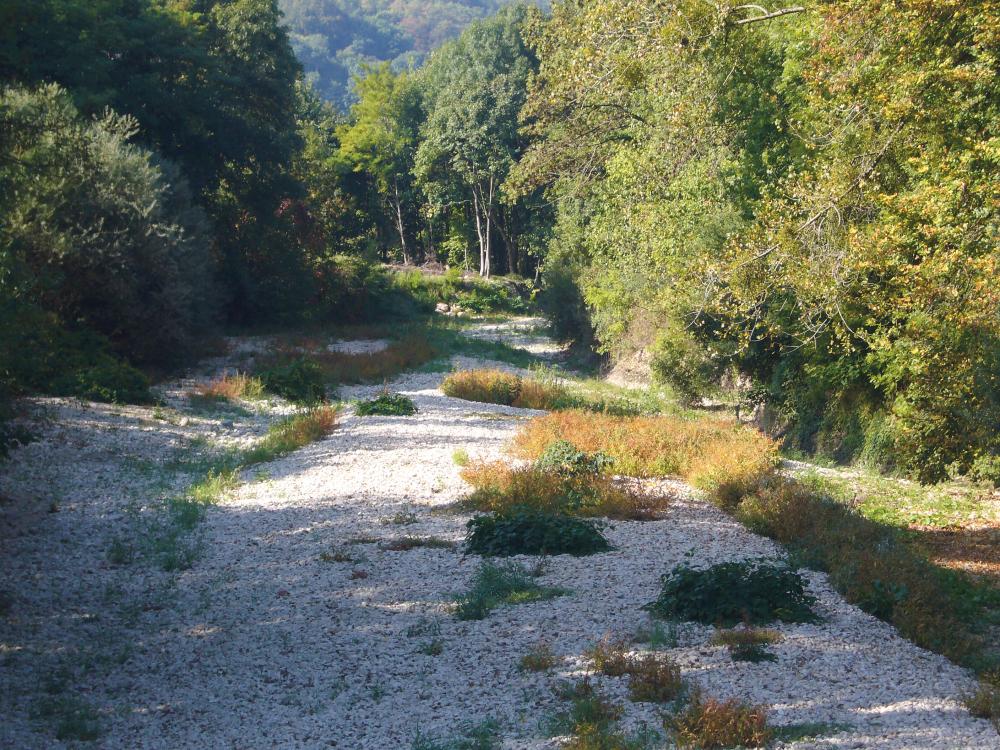International collaborations on water
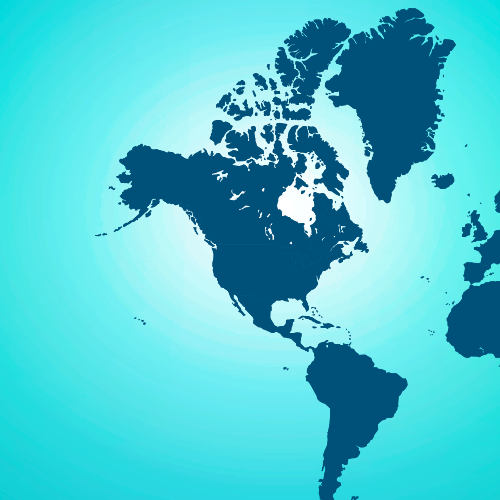
One Water Vision: Tackling global water challenges
The One Water Vision initiative is a global collaboration to improve the monitoring and management of water resources and to develop early warning systems for droughts and floods. This initiative was launched in December 2024 through a cooperation agreement between WMO, INBO and an International Research Consortium. Bringing together more than 20 international scientific organisations, including space agencies, national research institutes and universities, this initiative uses cutting-edge technologies such as remote sensing, advanced modelling and artificial intelligence to develop solutions tailored to local water managers, farmers and land users. INRAE will play a key role by hosting the secretariat of this ambitious IRC, ensuring effective coordination and promoting its global impact.
Scientific cooperation to address global water challenges
While water is essential to life in all forms, it is a finite resource with a closed cycle. Global warming is now affecting this cycle, causing localized water shortages and extreme events (floods, droughts, etc.). With population growth and its effects on human needs, world food and health security is threatened and economic and social inequalities are increasing globally. As such, water is a common good that must be collectively preserved and used in a sustainable way.
The 17 Sustainable Development Goals (SDGs) of the 2030 Agenda of the United Nations, agreed by all states, take into account the environmental, social and economic issues we face collectively. Science plays a key role to help reach the targets set by the SDGs, including a number of targets strongly linked to water challenges, SDGs 2, 3, 6 and 17. Generating knowledge to help understand and find solutions to global challenges is essential. This is why, in its area of expertise, land and agrifood systems, INRAE has designed a strategy for the next ten years, INRAE 2030, which aims to contribute to this global scientific effort.
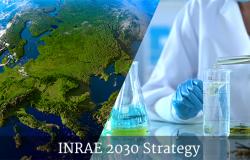
About our strategy Our roadmap: INRAE 2030
INRAE’s strategy is designed with the help of interdisciplinary scientists, working at the global level and consists of five scientific priorities and three policy priorities. The strategy aims to provide scientific solutions in the fields of agriculture, food and the environment.
INRAE conducts targeted research through a multidisciplinary approach based on impact and partnerships. Our researchers carry out work on an international scale, coherent with several SDGs, and linked to the challenges of water as a vital resource for our survival.
Presenting our research partnership on water aligned with SDGs
Our international research on water: responding to SDGs aligned with INRAE 2030 strategy
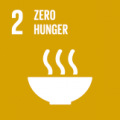
INRAE 2030 Scientific priority 2: Accelerating agroecological and food transitions
INRAE 2030 Scientific priority 4: Promoting a holistic approach to health
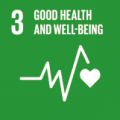
INRAE 2030 Scientific priority 4: Promoting a holistic approach to health
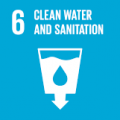
INRAE 2030 Scientific priority 3: Building bioeconomies based on the efficient circular use of resources
INRAE 2030 Scientific priority 4: Promoting a holistic approach to health
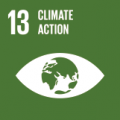
INRAE 2030 Scientific priority 1: Responding to environmental challenges and associated risks
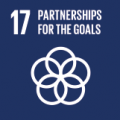
INRAE 2030 Policy Priority 2: Reinforcing our engagement with academic, European, and international partners
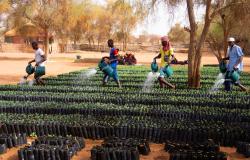
A research initiative for food and agricultural systems between African and French partners. Launched at the 2022 Paris International Agricultural Show, INRAE, Cirad and 20 African institutions are already involved in this initiative.
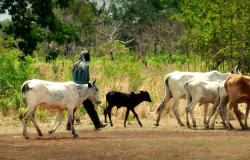
An international initiative to prevent zoonotic disease emergence, initiated by INRAE, Cirad, IRD and lauched by the French President at the 2021 One Planet Summit. Today, more than 100 partners, including 9 countries, have joined the initiative.
Feeding the planet under water constraints
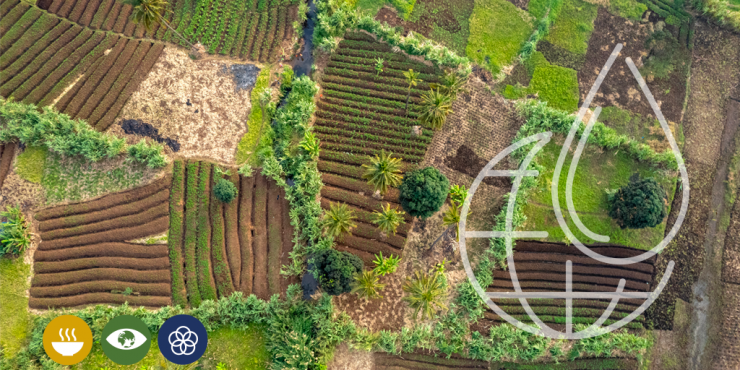
While water resources are threatened by the depletion of the resource and climate change, one global challenge remains: feeding the planet to reach the target of zero hunger. Partnerships, built at the national, European and international level are essential in order to meet this challenge collectively.
INRAE advocates for agroecology to develop crop and livestock systems that are both water efficient and capable of mitigating climate change. Increasing soil carbon storage and the resilience of agriculture to climate change effects rely on several practices: soil preservation, livestock-crop complementarity, diversification of animal breeds and crop varieties, with a selection of species more tolerant to drought, landscape elements (hedges, grassy strips) to curb runoff, etc. Agroforestry and conservation agriculture are particularly promising avenues.
Thus, in the French context, our research favours the adaptation of rain-fed agriculture rather than the systematic development of irrigation. Irrigation is a potential additional lever for crop diversification and a safety practice, rather than a means of systematically maximizing yields. In addition, the modernization of irrigation equipment can lead to water savings of 10 to 40%. Work in the social sciences studies the decision-making mechanisms and public policies favourable to this agro-ecological transition, from an integrative vision encompassing the whole society.
Wastewater treatment and sanitation fitting local contexts
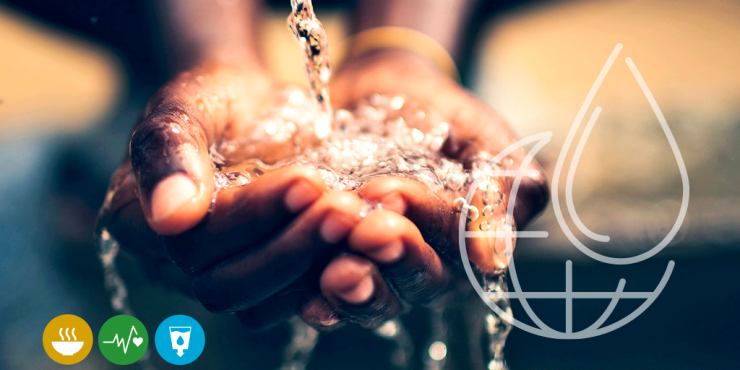
Today, according to the United Nations, 6 in 10 people in the world lack access to safely managed sanitation facilities. INRAE has been designing innovative wastewater treatment and sanitation processes that can be applied to local contexts. We have developed nature-based solutions for domestic wastewater treatment. The French system of vertical flow constructed wetlands is the most widely used treatment process in mainland France since its first implementation in the 1990s. Using this process in rural areas has demonstrated the efficiency of the method and proved to be well adapted to operating needs and skilled labour shortage in these areas. Since the early 2000s, at the request of the French Ministry of the Environment, researchers have been working on adapting this process to tropical climates for the French overseas territories.
However, generally speaking, the application of treatment processes to other countries has revealed organisational problems between actors. Researchers are designing approaches responding to this issue, allowing populations to participate in decision-making and capacity-building.
Participatory monitoring of aquatic ecosystems for clean water supply
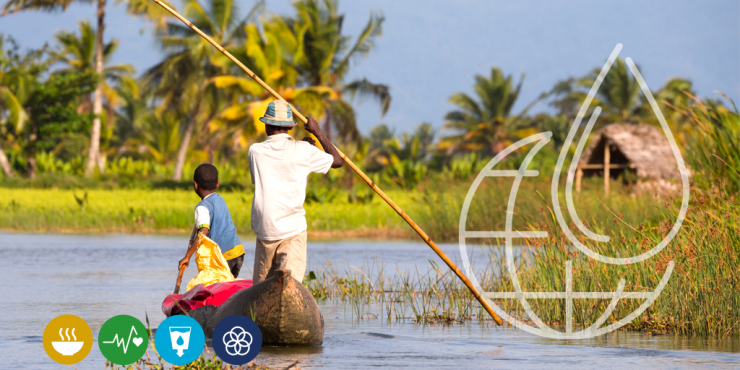
Freshwater resources are a global issue from an ecological, economic or political point of view. The concerns related to them concern their accessibility and their quality, in a context where the human population, along with human activity, is increasing. Increasingly significant differences are observed in the ecological trajectories of continental aquatic ecosystems between developed and developing countries. The former are, for many of them, engaged in a restoration dynamic which is based in particular on the control of nutrient inputs (e.g. banning phosphates from washing powders) and organic pollution (e.g. improvement of wastewater treatment). The latter are inversely engaged in a process of degradation of their aquatic ecosystems with multiple consequences on their functioning and their use.
It is in this context that the international project WaSAf – Water Sources in Africa, focused on the monitoring and protection of continental surface aquatic systems used for the production of drinking water in three African countries, Ivory Coast, Senegal and Uganda.
International expertise and support to public policies on water
Our expertise contributes to the development and implementation of international agreements and to inform society, public decision-makers, managers to develop and support appropriate and efficient policies. We are gathering scientific knowledge, research topics and methods that can be used to engineer efficient public policies applicable at both a regional and international scales.
Collaborating with major institutions such as the FAO, World Bank or IPCC, and French and European ministries, parliaments and institutions. Upon the request of the French authorities INRAE has carried out three collective scientific assessments linked to water on drought, eutrophication and hill reservoirs at the national level.
Expertise and policy support (EAPP) activities at INRAE give public policymakers (ministries, agencies, local authorities, European andinternational institutions, etc.) the scientific and technical knowledge,tools and methods they need to clarify, design, implement and evaluate public policies.
To discover our international expertise on water, watch some of our experts present their work at INRAE

